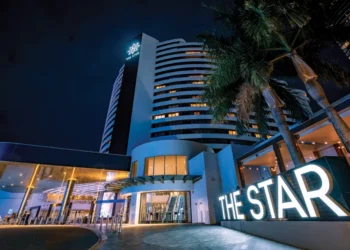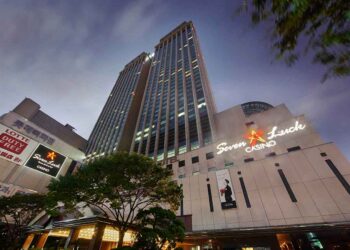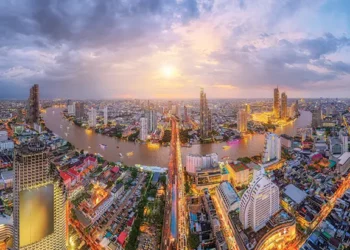Mainland China has placed the Philippines on a blacklist of overseas tourism destinations due to concerns over the safety of Chinese tourists, according to comments from Senate President Migz Zubiri.
Zubiri told a Senate hearing this week that the Philippines’ blacklist status had been outlined during a meeting with Chinese Ambassador Huang Xilian, with mainland authorities said to be particularly concerned with recent issues surrounding the Philippine Offshore Gaming Operators (POGO) industry.
“Because of the problem of POGO, the Philippines now is blacklisted and tourists are discouraged [from going to] to the Philippines,” Zubiri said.
“The Philippines is now part of a blacklist of tourist sites because they do not know if the tourist will be joining POGO operations and they do not know if the Chinese nationals who go to the Philippines will be safe from illegal activities being done by the triads, by the syndicates operating POGOs. They may also be kidnapped, mistaken as POGO operators.”
This, Zubiri said, was one of the reasons for a drop in Chinese tourists, with Chinese nationals accounting for 1,257,962 arrivals in 2019 according to data from the Department of Tourism.
China first announced the existence of a blacklist of overseas tourist destinations in August 2020, with the Ministry of Culture and Tourism claiming at the time that such destinations were disrupting the nation’s outbound tourism market by opening casinos targeting mainland Chinese customers.
The blacklist, it explained, would see travel restrictions imposed on Chinese citizens going to overseas cities and scenic spots named.
The Philippines’ Presidential Palace said Tuesday that it was currently unaware of any such blacklisting.
“We have not yet received an advisory with respect to that blacklisting issue so when we have been given the corresponding advisory, we will make the proper comment,” a spokesperson said.
UPDATE: Since the above story was reported, the Chinese embassy in Manila has said that the Philippines is not blacklisted by China as a tourist destination and has described the original claim as “misinformation”.



































